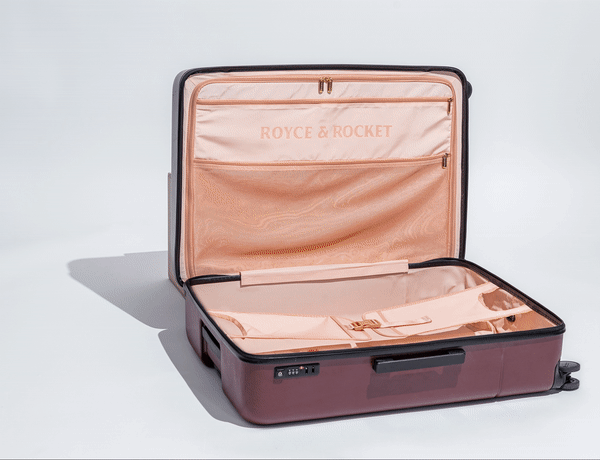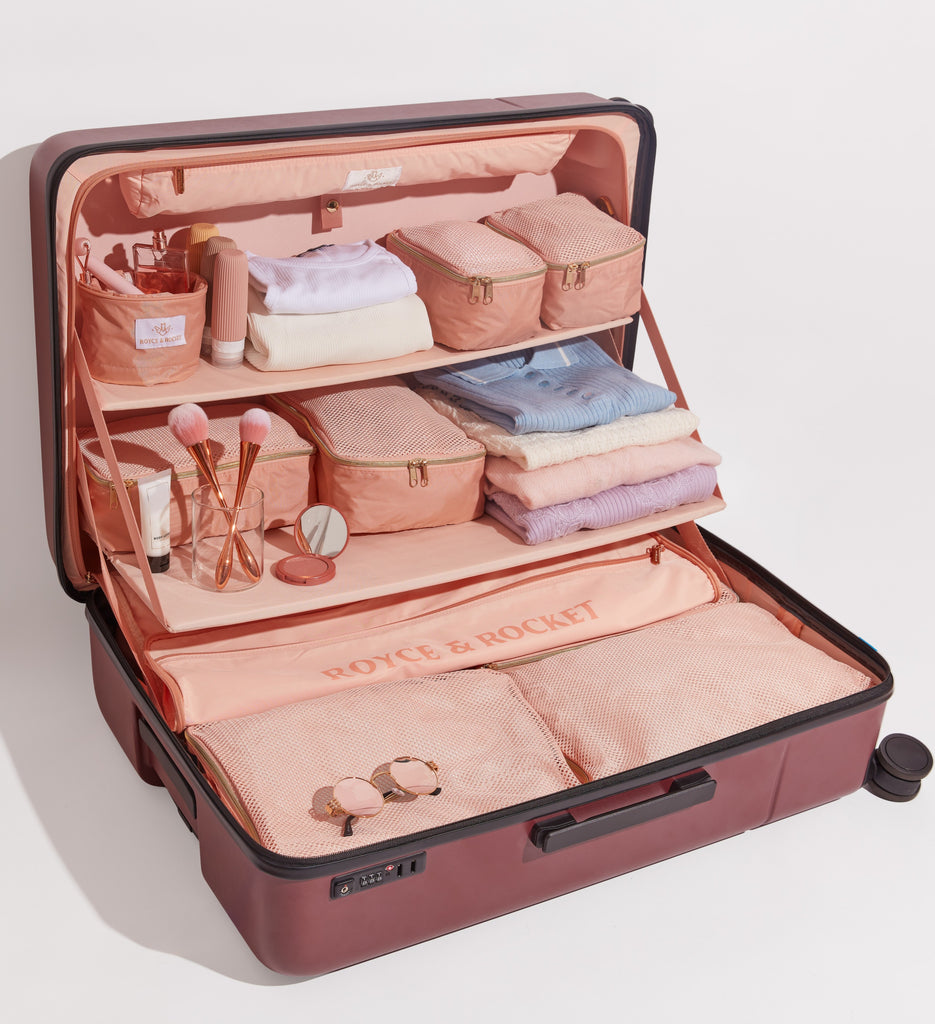Fortunately, the world is making traveling for disabled people a lot easier. Previously, there wasn’t any special attention given to disabled travelers. However, the travel industry has seen a big shift in this regard and is now catering to travelers with disabilities as much as possible. This includes providing the services of a caregiver, arranging wheelchairs and canes, helping with bulky trunk luggage and many other aspects.
The USA has an efficient system where all hotels and transportation are ADA-compliant. However, in many parts of the world, such attention is rare to find. However, this is not to say that you cannot travel to those places. You will simply have to make some arrangements prior to starting your trip.
Here are 7 tips that travelers with disabilities can follow to make their traveling experience as smooth as possible.
1. Planning Ahead
It doesn’t matter if your traveling companion is permanently disabled or not; every disability makes it challenging to travel. It is imperative that you should plan your trip with additional care. If you are traveling within the U.S., you might find it easier. The hotels, cruises, and transportation have to be ADA-compliant.
On the other hand, if you are traveling to foreign countries, you should be prepared to face some difficulties. Foreign hotels and transportation may not be as accommodating for disabled travelers as the U.S. We recommend that you reach out to the concerned people and make prior arrangements before you start your trip.
There are various resources that you can find on the internet about traveling with disabilities. Make sure you do your thorough research and have everything planned. The more prepared you are, the smoother your travel experience will be.
2. Explain Your Disability
Often people are vague about their disabilities, whether intentionally or otherwise. It is highly important that when you are making your reservations for tickets and hotels, you should clearly state what your disability is. Doing so will allow the place to figure out exactly how to help you and arrange clearance and safety measures for you, especially if you have large luggage.
If possible, you should provide a medical certificate or a doctor’s note to help you with the processes. This will also let you pass through the security without any trouble, especially if you have specialized medical equipment like a walker or a pacemaker. Furthermore, you should also make sure you have labeled all your medical supplies clearly.
Sometimes airport security may need to double-check your medication which might take a lot of time. We recommend reaching the airport early to account for any time lost during the screenings.
3. Having Medical in Your Travel Insurance
Many travel insurance companies will only provide coverage for monetary damages. Medicare doesn’t provide its services for foreign travels. The U.S. Department of State has a list of approved medical providers whose services you can avail if you are traveling out of the country. You should select the one that also covers medical evacuation if there is an emergency. Medical evacuation without insurance can cause a significant dent on your budget.
4. Hire a Special Travel Agency
There are numerous travel agencies that make travel quite accessible to travelers with disabilities. A good travel agent will have all the knowledge about which hotels would be suitable for disabled travelers and if they need any private transportation. With their help, you can have an itinerary that will suit you perfectly.
There are a thousand different aspects that travel agents will be aware of, since they regularly arrange trips like these. Travel agents can add modifications to hotel rooms, for example, arranging for grab bars in bathrooms and showers. Some of the tourist guides will go the extra mile to arrange wheelchairs or canes for you if you need one. They may also know sign language, so you can still communicate with them if you have a hearing disability.
Certain travel destinations like London or Barcelona are fully equipped to help travelers with disabilities. These cities have hosted the Olympics and Paralympics hence their attention towards such matters. This will make it easier for you to have arrangements made for yourself.
5. Ensure You Have Accessible Accommodation
In case you are traveling by yourself, you should think of how you live at your home and try to replicate that. For instance, you may use a roll-in shower and a shower bench. If that’s the case, contact your hotel and confirm with them if they have such amenities available or not. Hotels which are ADA-compliant should have everything you need.
For hotels which aren’t ADA-compliant, you can ask them if their rooms have enough capacity to allow the wheelchairs to pass through the doors. Even a step can be a problem for the disabled traveler; hence your accommodation should be completely accessible for you.
6. Request Assistance from Airlines
This is always a recommended step for people who have disabilities. You should contact the airline for any assistance that you require. You can do this while you are booking your flight or some days before your trip starts.
This way, you won’t face any hurdles in the airports. Most airlines will assign someone to help you with your trunk luggage throughout the check-in process and security. They will also arrange for a wheelchair if you ask them for it. Similarly, when you arrive at your destination, you can ask for assistance from the airport.
Such services are typically free of cost. However, it usually depends on the policies of airlines and if any staff is available to help you or not. You need to make sure you have notified your airline about your needs. Some airlines will also allow you to have guide dogs with you on board at no additional cost. Having a guide dog is highly beneficial for those who are visually challenged. The only requirement is that you need to make a reservation for your guide dog at least two days before your flight.
7. Opt for Direct Flights
While it may not always be possible, you should try your best to avoid connecting flights as much as you can. For every connecting flight, you will have to go through the whole immigration and customs process repeatedly, which can be quite challenging for you. Even going from one terminal to another may prove difficult.
There may be flight delays, or you may have very little time to reach your next flight. In such cases, it is difficult to find places to rest. Or, in the opposite case, it will be a lot harder for you to rush to the correct terminal. This is why it is always preferable to go for direct flights, which eliminates all this hassle. If you really have to book a connecting flight, make sure you do so with one that has enough time for you to reach the right terminal in peace.
Conclusion
The tips mentioned above will go a long way to make sure you don’t have to suffer because of your disability. For disabled travelers, their trunk luggage also adds to the list of challenges that they have to overcome when traveling. Fortunately, Royce and Rocket have the best 30-inch luggage bag to make all your trips as hassle-free as possible. Visit their website for more information.





